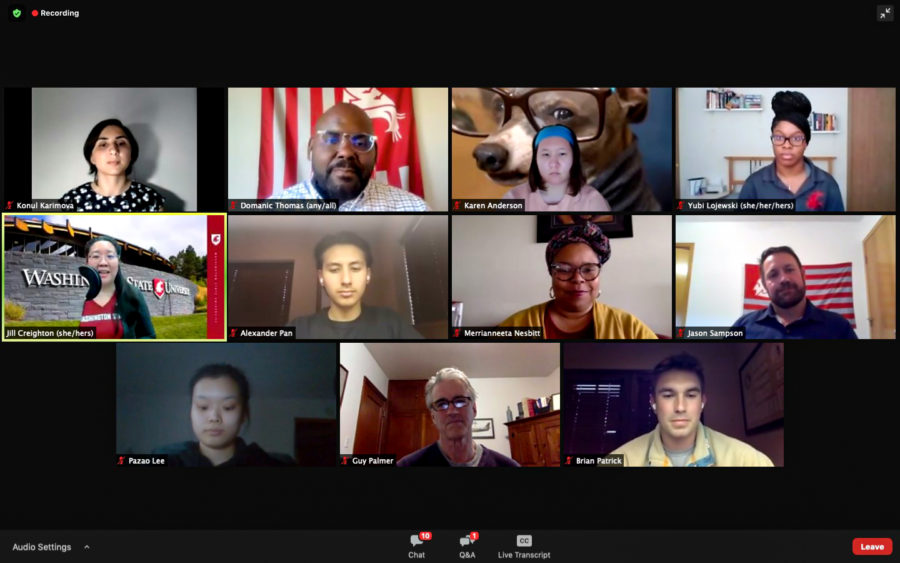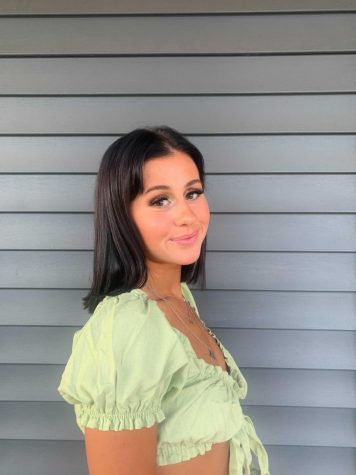WSU experts address student COVID-19 vaccine concerns
Individuals can receive vaccine even if they do not have health insurance
Students living on the WSU Pullman campus can get a vaccine just by showing their CougarCard to Cougar Health Services, said Jill Creighton, dean of students and associate vice president of Campus Life.
April 23, 2021
WSU hosted a student Q&A session covering frequent concerns and questions regarding the COVID-19 vaccine Thursday evening.
The session was held via Zoom and featured a panel of experts knowledgeable about the topic. Equity and access to the vaccine was a common concern among several students.
Much of the hesitancy surrounding the vaccine is stemming from areas that do not have adequate knowledge about the vaccine and its effects, said Merrianneeta Nesbitt, WSU Office of Outreach and Education assistant director.
Nesbitt said rural communities and those with high populations of Latinx individuals are not being reached as thoroughly as they should in terms of COVID-19-related information and vaccination clinics.
The university has been working on creating extension offices to combat this issue, she said.
“Though [the vaccine] is out there, access is still being considered and worked on for disenfranchised communities,” Nesbitt said.
Several questions revolved around documentation statuses and whether or not people who are not U.S citizens or have no health insurance can still receive the vaccine.
Konul Karimova, WSU liaison assistant, said individuals do not have to be U.S. citizens or have health insurance to be vaccinated, as long as they either work or live in Washington state.
“If you are a person with undocumented or mixed documented status within your family, we have opportunities for you,” said Jill Creighton, dean of students and associate vice president of Campus Life.
Students living on the WSU Pullman campus can get a vaccine just by showing their CougarCard to Cougar Health Services, she said.
“There is absolutely no cost for the COVID-19 vaccine, and you don’t have to have health insurance,” Creighton said. “If you were thinking about cost or insurance as a barrier, please know the vaccine is subsidized in its entirety by our tax dollars.”
Guy Palmer, WSU regents professor of pathology and infectious diseases, addressed concerns about the effectiveness of different types of COVID-19 vaccines.
He said if people receive the second dose of the vaccine late, they will still be immune and healthy if they receive the second dose up to two months later.
Creighton brought up the possibility of having a vaccine mandate to return to WSU in the fall, but she said it is still in the early stages of development.
Those who have further questions about anything to do with COVID-19 can email StudentAffairs@wsu.edu










